


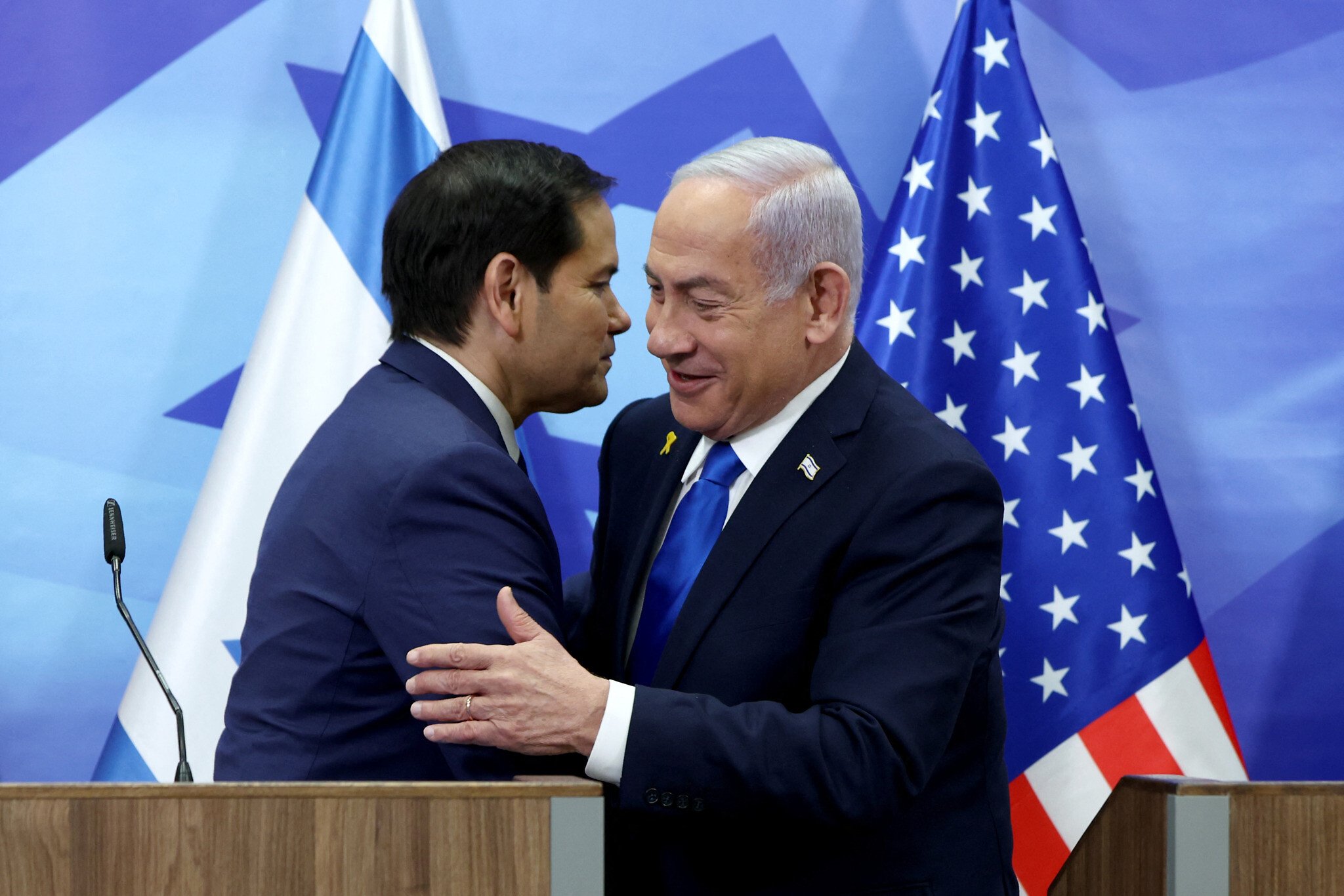
Prime Minister Benjamin Netanyahu and US President Donald Trump “are working in full cooperation and coordination” on Gaza, the premier said on Sunday alongside US Secretary of State Marco Rubio.
“We have a common strategy and we can’t always share details of this strategy with the public,” Netanyahu said, “including when the gates of hell will be open, as they surely will if all our hostages are not released, until the last one of them.”
Netanyahu made the comments to the press after meeting with Rubio in his office in Jerusalem.
Last week, Trump suggested that if all of the hostages were not freed by Hamas by midday Saturday, the ceasefire should be abandoned and “let hell break out.”
Hamas released three living male hostages on Saturday, as required by the deal, after having said on Monday that it was suspending hostage releases until further notice.
Netanyahu convened his security cabinet Saturday night to decide on next steps, but gave no indication in statements about what Israel will do.
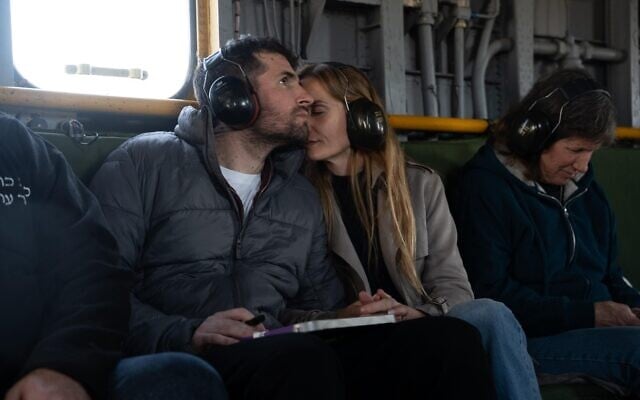
Contradictory Israeli statements after Trump’s comments last week threatened a return to war if “our hostages” and “all of them” weren’t released. Another message said nine hostages had to be released “in the coming days,” referring to the number of captives known to be alive who at that point had yet to be released under the current ceasefire phase.
Trump said Saturday it was up to Israel to decide how to respond to Hamas missing his deadline. Israel, he wrote on his TruthSocial platform, must decide “what they will do about the 12:00 O’CLOCK, TODAY, DEADLINE imposed on the release of ALL HOSTAGES.”
“The United States will back the decision they make!”
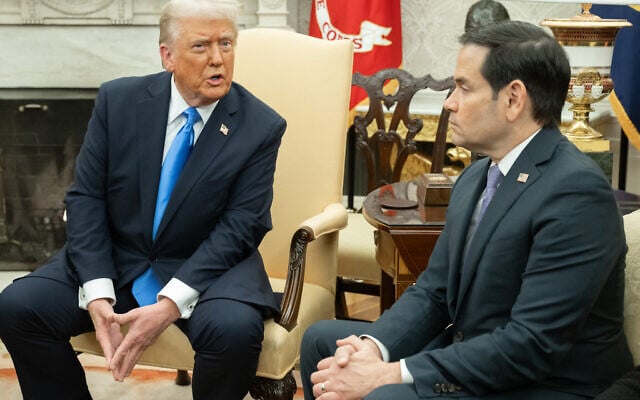
Alongside Rubio on Sunday, Netanyahu promised that Israel will achieve its war goals of toppling Hamas, bringing back all the hostages, and making sure Gaza doesn’t pose a threat to Israel in the future.
He added that America’s “unequivocal support” will help Israel achieve these goals faster.
Rubio told the press gathered in the Prime Minister’s Office that Trump is “a man that speaks clearly and unambiguously, who makes clear his views on issues.”
The first issue Trump has been clear on, said Rubio, is that the “hostages need to come home, they need to be released.”
“That must happen. It’s not optional.”
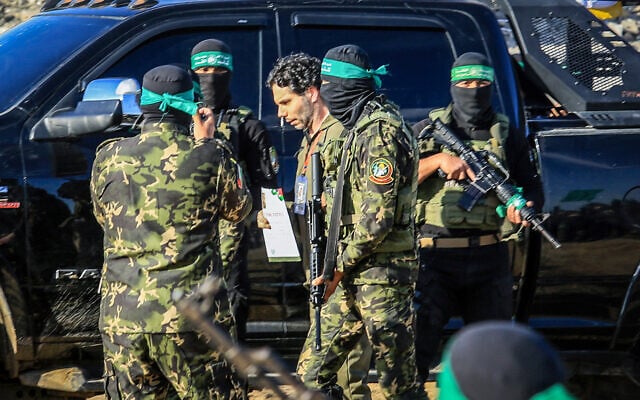
Rubio added that Trump “has been very clear that Hamas cannot continue as a government or military force, and frankly as long as it stands as a force that can govern, as a force that can administer, or as a force that can threaten by use of violence, peace becomes impossible.”
“It must be eradicated, it must be eliminated,” Rubio declared.
Hamas cannot continue as a government or military force.
Hamas and Israel are currently implementing the first 42-day phase of the ceasefire, and negotiations have yet to begin for the second phase. Israel has not sent negotiators with a mandate to advance such talks, despite being required to do so under the deal’s terms.
The second phase is expected to cover the release of the remaining hostages and include discussions on a permanent end to the war.
Rubio and Netanyahu also discussed Trump’s controversial vision for the future of Gaza. While Netanyahu was at the White House earlier this month, and on numerous occasions since, Trump has called for the permanent relocation of all Gazans, and for the US to rebuild the war-torn territory.
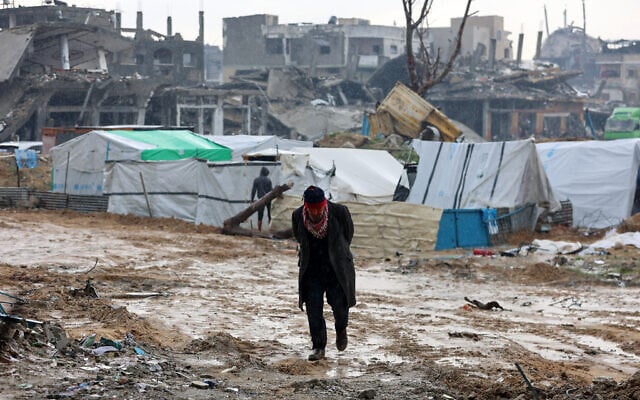
Some US officials have since sought to paint the plan as a temporary relocation, but Trump has not.
Netanyahu said he spoke with Rubio about Trump’s “bold vision for Gaza, for Gaza’s future, and how we can work together to ensure that future becomes a reality.”
Rubio also praised the plan as “something that is new, something that frankly took courage and vision in order to outline. It may have surprised and shocked many, but what cannot continue is the same cycle to repeat over and over again and wind up in the exact same place.”
Rubio also on Sunday met hostages’ families, Foreign Minister Gideon Sa’ar, President Isaac Herzog, and Opposition Leader Yair Lapid.
Netanyahu said none of the issues discussed on Sunday were more important than Iran.
“Israel and America stand shoulder to shoulder in countering the threat of Iran,” he said at his joint appearance with Rubio. “We agree that the ayatollahs must not be allowed to have nuclear weapons. We also agreed that Iran’s aggression in the region has to be rolled back.”
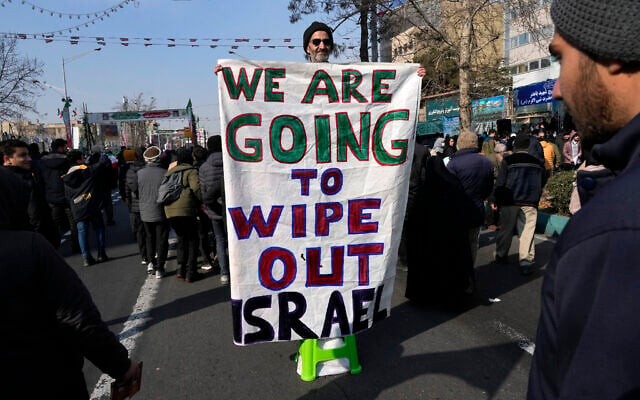
He boasted that Israeli military operations have badly weakened the Iranian axis in the region. With Trump’s support, said Netanyahu, “we can and will finish the job.”
Rubio also talked tough on Iran, saying the Islamic Republic is overwhelmingly responsible for the problems plaguing the Middle East.
Iran “is the greatest single force of instability in the region,” he argued, saying it is “behind every terrorist group, behind every act of violence, behind every destabilizing activity, behind everything that threatens peace and stability for millions of people” throughout the region.
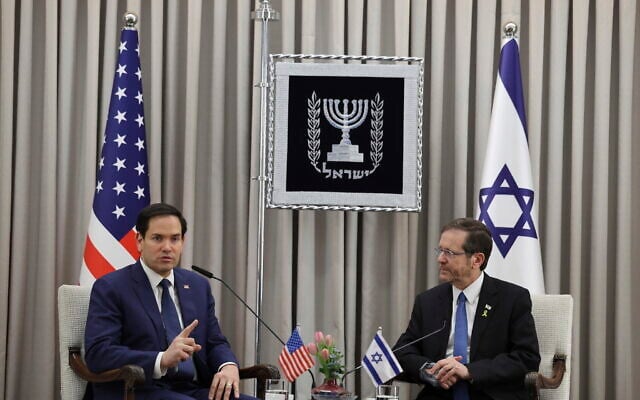
When he speaks of Iran, Rubio stressed, he is referring to the regime. And the people of Iran, he said, “are victims of that regime.”
Violence in Gaza, the West Bank, Lebanon, Syria, and Iraq “all have behind them one common theme – Iran. And that must be addressed,” Rubio said.
A nuclear Iran “can never happen,” he said, adding that Trump has been very clear on that issue as well.
The US intelligence community recently presented assessments that Israel is considering strikes on Iran’s nuclear program, and that the attacks could come this year, according to the Washington Post.
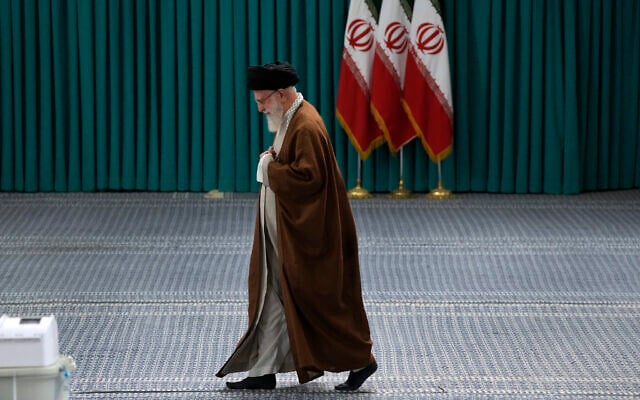
Iran, which is sworn to Israel’s destruction, insists its nuclear program is solely for peaceful purposes. However, the UN nuclear watchdog IAEA has said that Iran is currently enriching uranium to levels that have no civilian use, and the country has obstructed international inspectors seeking to visit its facilities.
In addition, The New York Times reported earlier this month that American intelligence indicates a covert team of Iranian scientists was exploring ways to quickly develop a nuclear weapon if the country’s leadership decided to pursue one.
The two also discussed the collapse of the Assad regime in Syria, which Netanyahu said Israel had triggered through its weakening of the Hezbollah terror group in Lebanon.
“If any other force in Syria today believes that Israel will permit other hostile forces to use Syria as a base” for attacks on Israel, said Netanyahu, “they are gravely mistaken.”
“Israel will act to prevent any threat from emerging in southwest Syria,” he pledged.
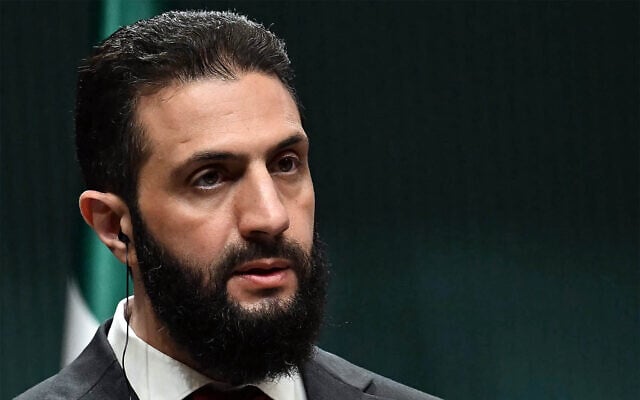
Ahmed al-Sharaa, who was appointed interim president last week, is a former jihadist rebel leader who headed the insurgents who toppled president Bashar al-Assad in December. He has begun making international trips to shore up support in the region.
Replacing one destabilizing force for another is not a positive development.
Rubio said in Jerusalem that “replacing one destabilizing force for another is not a positive development. And that is something we will watch very carefully.”
They also discussed Lebanon, Netanyahu said. “Israel is committed to the ceasefire and the understandings we reached in November, and expects the government of Lebanon to be equally committed.”
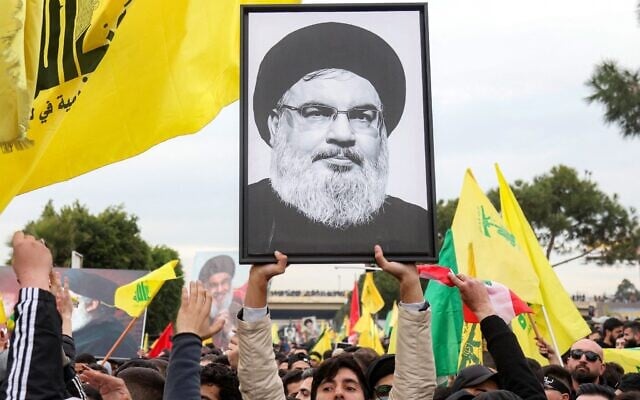
“Hezbollah must be disarmed,” he said, “and Israel would prefer the Lebanese army does that job,” but Israel will do what it must.
Hezbollah is required under the ceasefire agreement with Israel to vacate southern Lebanon. Israel was given 60 days, until January 26, to withdraw from the area. The withdrawal deadline was extended, with Beirut’s approval, to February 18. Israel is reportedly seeking to stay longer in some areas of south Lebanon.
Regarding Lebanon, Rubio said that Israeli and US goals are aligned and the same: “A strong Lebanese state that can take on and disarm Hezbollah.”
Netanyahu says he and Rubio also discussed hostile international institutions, including the UN General Assembly, UN Human Rights Council, and the ICJ and ICC in The Hague. He says they discussed coordinating efforts to counter lawfare against the US and Israel, to neutralize this threat “once and for all.”
